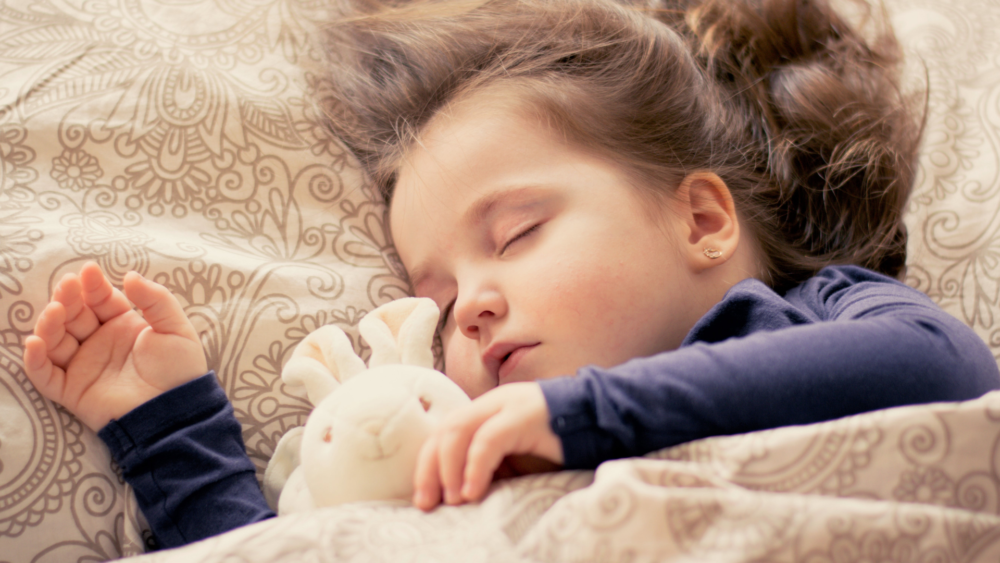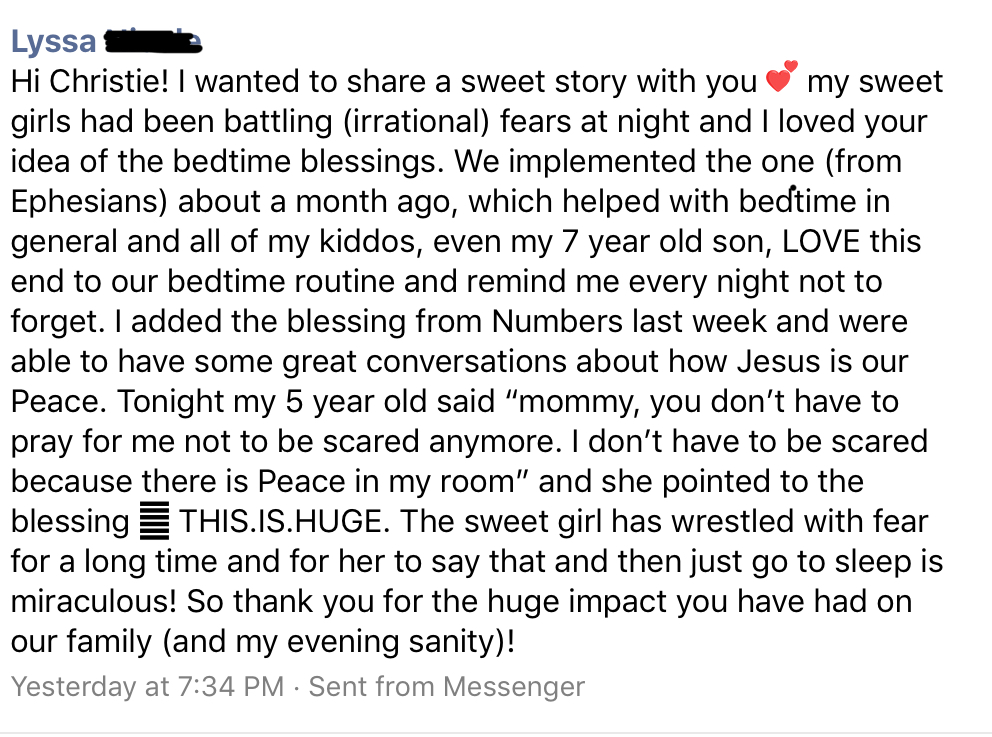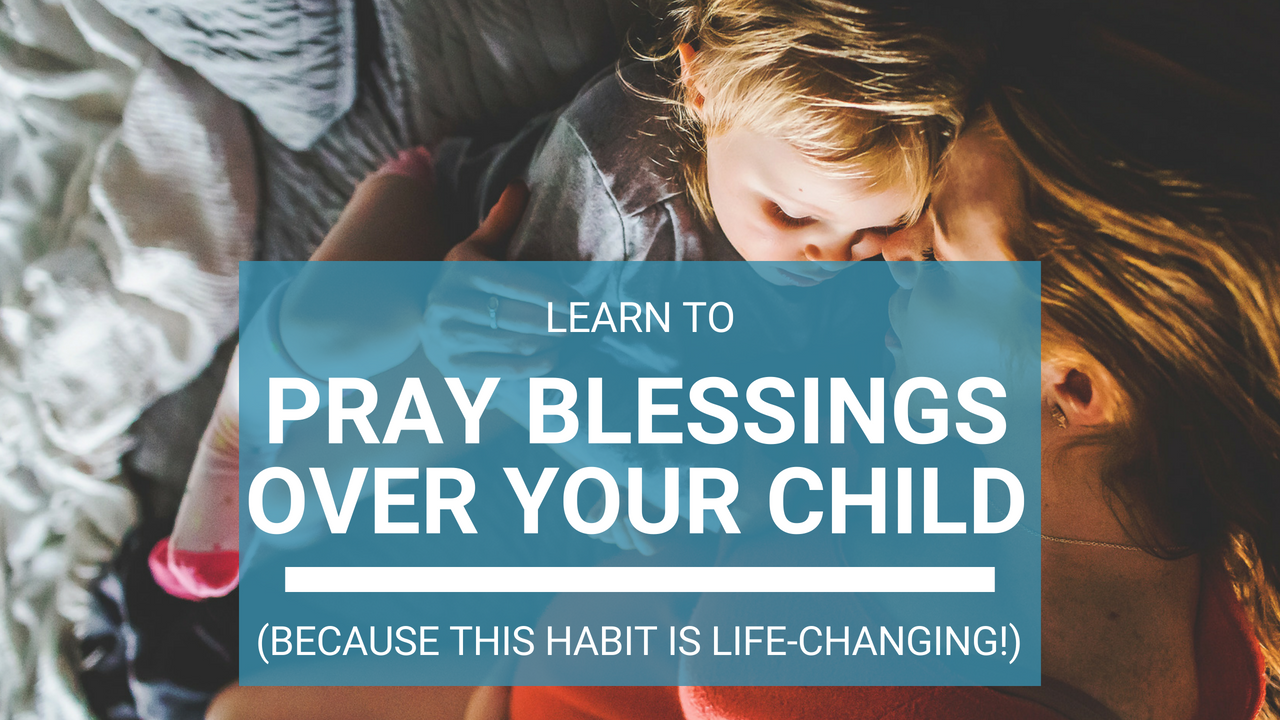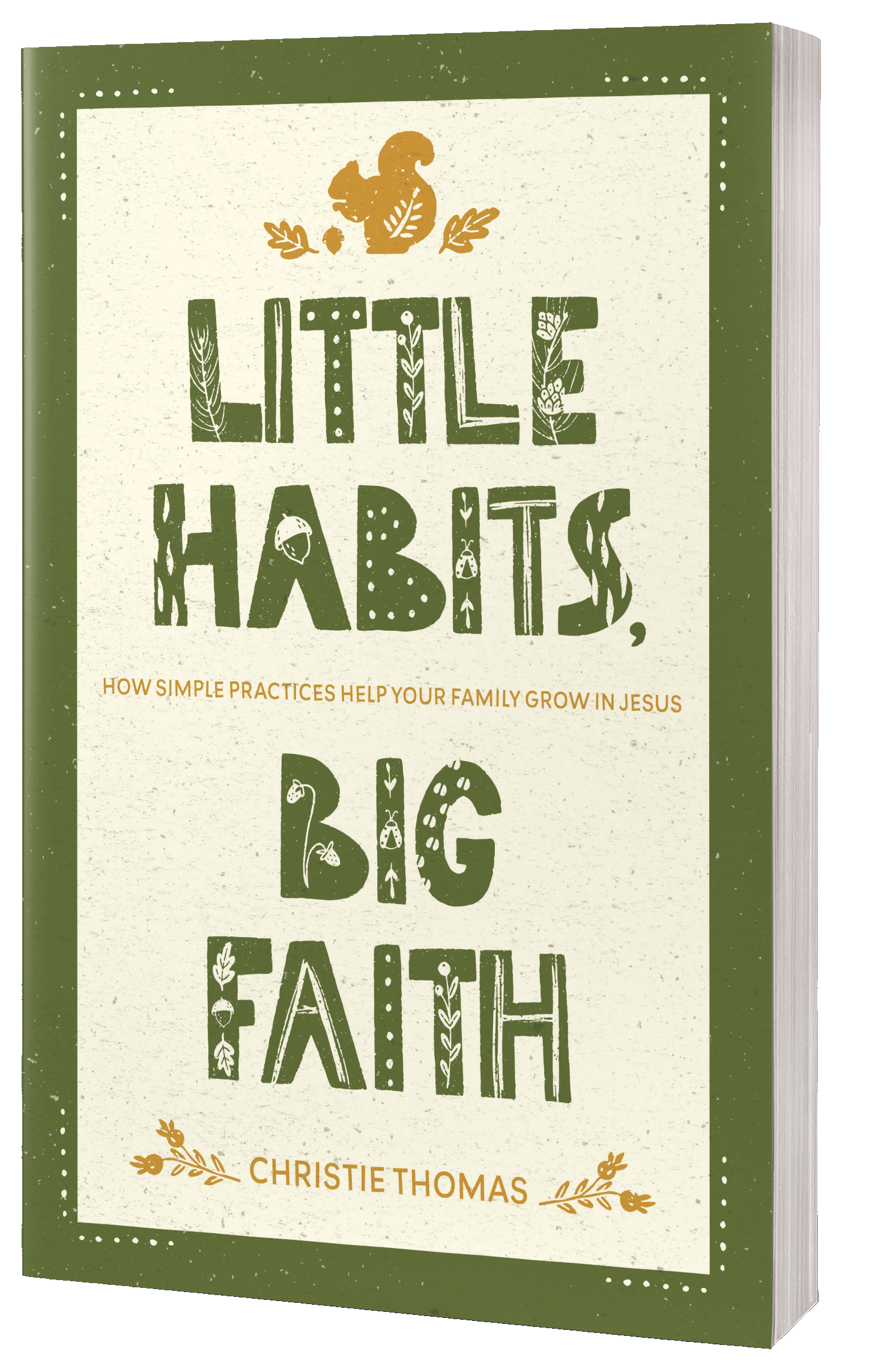Help kids sleep (and get more yourself) with these 5 life-changing tips.
My son’s little face scrunched as he greedily sucked down his meal. The smell of milk breath and sweet baby skin mingled, but I wasn’t focused on the moment. Instead, the rocker moved quicker and quicker, my feet unable to stop pushing.
I had just heard that my friend’s baby, born the same week as mine, was sleeping peacefully for 8 hours at a time. Mine still woke up every hour or two, which, while it was a big improvement from his previous longest sleeps of 40 minutes, was a far cry from 8 hours.
Why couldn’t I get my baby to sleep when she obviously could? I was the one who had an older child; I felt like I should be better at this.
But the mystery remained. All babies seem to sleep a little different. There are tips and tricks to help, but nothing that will force them to sleep. (Unless you resort to the medieval practice of letting them suck on a finger coated in rum, which is not recommended if you want to stay away from social services.)
After 3 babies, I have realized I have nothing to add to the “get your baby to sleep” articles out there. We’ve tried everything with varying success (not including the rum trick) and I’ve come to the conclusion that we simply do whatever works to get our babies to sleep, and that’s ok.
(For a brilliant book that saved my sanity, read Happiest Baby on the Block.)
This article is about getting your kid to sleep.
You know the one.
The child who cries out for you because she’s lonely at night. The child who begs for another cup of water then needs your help to pee 30 minutes later. The child who keeps bringing books to you and batting those big doe eyes at you until you cave and read yet another adventure of Curious George. (Is it just me, or is the Man in the Yellow Hat a really negligent parent?) The child with the never-ending hugs who also prays a never-ending prayer. Or maybe he just flat-out refuses to sleep.

Does this scene look familiar?
You’ve heard of a draft dodger, but I call this child The Sleep Dodger.
She’s an expert at sniffing out your weaknesses and exploiting them to avoid sleep. He’ll run away from the room if he has to, but he’s more likely to use tears to get his way.
If you have a Sleep Dodger in my house, I understand. I’ve been there. My youngest was 2 before he started sleeping completely through the night, and by that time, I thought my brain might be one brain cell short of empty.
Getting our kids to sleep at night is important for us (because WE need sleep), but is also for their own good.
WHY SLEEP IS CRUCIAL FOR KIDS
I’m sure you’ve seen the effects of lack of sleep in your own life. You get short-tempered, annoyed that the coffee isn’t ready yet, forgetful, and sometimes downright mean.
Kids are the same, but they don’t have the benefit of coffee to bring them back from the brink of a tantrum. They get short-tempered, annoyed that you dared to give them the orange cup, forgetful, and sometimes downright mean.
And that’s just the short-term effects. Here are some stats I read early on in my parenting career, all from the life-changing book “Healthy Sleep Habits, Happy Child”.
- A study from the University of Connecticut showed “a strong association between the amount of time infants were in REM sleep and the amount of time they spent when awake in the behavioural state called “quiet alert”. (P 59)
- Three-year old children who nap well are more adaptable. (I wish my youngest had cared about that when he stopped napping at 2 1/2 ?) (p 60)
- There have been multiple studies done on children with high intelligence, and each one shows that the highly intelligent kids had greater total sleep time, by an average of 30-40 minutes. This pattern even occurs in identical twins, where the twin that sleeps better has better reading, vocabulary, and comprehension by 10 years old. (P 61)
It kind of makes you want to go throw your kid in bed right now, right? I mean, who doesn’t want a sure way to have a brighter kid?? These are not isolated studies either. I just finished reading Essentialism, and the author has an entire chapter (with many examples) of how critical sleep is to making our highest contribution in life.
So all this is great, but what actually helps a child go to sleep?
In particular, some kids have actual anxiety around bedtime, so how can we help our kids with bedtime anxiety go to sleep in peace?
WHAT HELPS YOU SLEEP?
If you want to figure out how to help children sleep, think about what helps you drift off. You need to be relaxed, both physically and mentally. To do this, you probably have some sort of routine.
Certain tasks like these may all be part of your sleep routine:
- washing your face
- brushing teeth
- adjusting the blankets
- reading a book
My own routine is long (mostly because I’m pokey), but by the time I’m in bed, I nearly always fall asleep within minutes.

Doesn’t this look amazing?
So let’s talk about what helps children relax. As you may have noticed, children are creatures of habit. They love to read the same books over and again, and they will find great comfort in consistency.
Comfort = Relaxation.
“Healthy Sleep Habits, Happy Child” is a great book, but a little scattered. I have taken the most useful ideas that actually worked with all three of our kids and compiled them into this list. I still recommend the book, but these are the highlights, and the tips that really transformed our bedtimes.
HOW TO HELP CHILDREN SLEEP
1. Consistent, early bedtime
Most kids need to go to sleep a lot earlier than you might think. Our eldest went to bed at 5:30 pm for the first couple years of his life, because if we tried to put him to bed later, he wouldn’t sleep! He needed to go to sleep at 5:30 pm, so we put him to bed then.
Yes, it was inconvenient. But we all survived the temporary lack of social life.
I can’t tell you exactly when you put your kids to bed, but I would urge you to consider trying an earlier bedtime.
Here’s a fun fact that I learned the hard way: an overtired child is more likely to wake up in the night AND wake up super early in the morning. So if your kids are up at 5, perhaps the solution is to put them to bed earlier! It’s very counter-intuitive, I know. (Read this article on bedtimes.)

2. Consistent routine
You can read more here about the specific routine we use. But the key for any bedtime routine is to be consistent.
You can determine a set amount of stories, how many cups of water they get, the length of tooth-brushing time, and how long you want to have for conversation. The exact routine is your choice, but be sure to come up with something you can stick with.
If you put the routine down on paper, you’ll have an easier time sticking to it. Bonus points if you post the routine in your child’s room!
>>Related Reading: Change Your Bedtime Routine By Understanding The Habit Loop
The beauty of having a consistent routine is that it gives you the ability to say “no” to the extra requests. For example, if your routine doesn’t involve a cup of water, don’t get your kid a cup of water. She probably won’t die of dehydration in her bed. If she seems to think she might, tell her to drink from the tap and tuck herself back in! This option gives her the ability to make a choice – is a sip of water worth having to tuck herself back in? Chances are that unless she’s truly thirsty, she won’t try this trick more than once.
If you also struggle with your kids getting up at an insanely early hour, you can also start a morning routine, including a Groclock or other clock.
The key, again, is consistency. Seriously. If you take ANYTHING from this article, take this: pick something and use it consistently. If you switch tactics everytime you read a new article, you’re doomed.
Here’s how we incorporate consistency in the groggy mornings: We have used a GroClock for several years, and if any of them get up before 7, they get taken back to bed with a single comment: “the clock is still blue.”. Every. Single. Time. Even if they get up 10 times.
Even the most stubborn kid will eventually learn to stay in their room if they’re given no reward for getting up early. This kind of clock can be used from about age 2 on, or whenever your child moves from a crib to a bed.
3. Soothing stories
We love a good storybook in our family! Reading books to your children (even children that are old enough to read) is a wonderful way to wind down. If you are looking for a couple of extra soothing books that will help your child feel less anxiety over going to bed, try these books:
See also: 7 Easy Tips for Overcoming Bedtime Battles
4. Parting blessing
I have sung Numbers 6:24-26 for my children nearly every night of their life.

This little habit has turned into an incredible sleep aid for kids. I’ve taught the habit in person and online to over 1000 families and have received incredible feedback about how it’s changed the bedtimes and night sleep of hundreds of kids. Here’s just one of them!

One night when my eldest was about one year old, he woke up and wouldn’t go back to sleep. He wasn’t sick or hungry or wet. Just restless. I tried every trick in the book to no avail. Exhausted, I remembered that I hadn’t sung his blessing song at bedtime. I sang it, and when the last soft notes were whispered into the darkness he laid down in his crib and promptly went back to sleep. I was shocked.
This habit has such power that my youngest literally yawns each time I sing it for him.
When my boys are away, they have called and made me sing it over the phone. Last time they went away for a night, I recorded myself singing the blessing song so Grandma and Grandpa could play it for them at bedtime. They told me that the youngest grinned and held the phone close as my voice played for him.
You can incorporate this habit into your bedtime too. Learn how to do that here with my FREE 7 day Blessings challenge.
>>Related reading: The Easiest Parenting Habit With The Greatest Eternal Impact
5. Rewards
And of course, what kind of parent would we be if we didn’t have to resort to a little reward now and then? You can use rewards for children who successfully stay in bed without calling for you, for kids who don’t try to push the boundaries on the bedtime routine, or for kids who stay in bed until a certain time in the morning. Constantly rewarding your child will eventually lose power, but using them temporarily can give your child incentive to stay in bed. (Psst. Here are some extra tips about dealing with those late-night visits.)
You can use a range of rewards, from small rewards for a single night of improved sleeping to big rewards for several nights of staying in bed.
Smaller rewards:
- A special cuddle with mom/dad in the morning
- Their favourite breakfast
- A stamp on the hand
- A temporary tattoo
- A sticker
- A shiny penny
Bigger rewards (using a sticker chart or checkmarks to add up to a predetermined amount of good nights):
- A new toy or stuffed animal
- A special outing with mom or dad
- Ice cream party
- A slightly extended bedtime routine (like moving from two stories to three)
///
My boys weren’t naturally amazing sleepers, but over time we learned to use consistent patterns and routines to help them wind down and fall asleep peacefully.
You too can get your Sleep Dodger to stop dodging, and you’ll all have a better evening.
Good luck and let me know how it goes!






This is a great post, Christie. Thank you.
You’re so welcome!!
Putting my baby to sleep has been challenging. But consistent routine is working for us. I’ll try rewarding and the other tips as time goes by. Thanks for this great post!
Epic post! Ilike it!
Thank you!